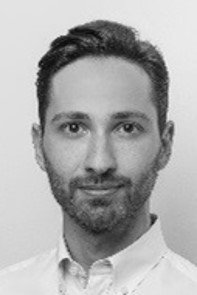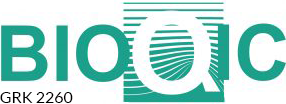Institut für Radiologie und Kinderradiologie
Charité -Universitätsmedizin Berlin
Campus Mitte
Virchowweg 11, 2nd floor, Room 0059
10117, Berlin
Telephone: +49 30 450 539 078
Email: felix.schrank@charite.de
Time-resolved quantification of myocardial microstructures by in-vivo viscoelasticity measurements
PIs: Sack, Schulz-Menger, Ittermann
Application Area: Cardiovascular
Modalities: MRI, Ultrasound
Background: Cardiac work is linked to the alteration of myocardial shear modulus. Current imaging markers of cardiac failure cannot measure forces and are limited in assessing the mechanical function of cardiac tissue. Cardiac elastography is sensitive to myocardial shear modulus and hence to mechanical relaxation abnormalities of myocardial tissue. However, current cardiac elastography does neither account for viscoelasticity nor anisotropy of myocardial tissue and is thus non-quantitative.
Aim: In the first period of my project I will focus on development and characterization of reference phantom materials which feature tissue-like viscoelastic properties.
Methods: The materials should be visible in MRI and ultrasound in order to compare the findings from ultrasound based time-harmonic elastography (THE) and multifrequency MR elastography (MMRE). The project will be continued with in-vivo cardiac MMRE and cardiac THE in healthy volunteers. Current MRE pulse sequences will be customized to the needs of cardiac elastography to enable a high spatially and temporally resolved quantification of myocardial shear modulus. Next, I will focus on anisotropic shear modulus recovery based on three-parameter inversions accounting for transverse isotropy, followed by a comparison of isotropic and anisotropic inversion and, tests of consistency and reproducibility of both. Finally, it is planned to compare the results of cardiac elastography with other imaging markers, such as volumetry, hemodynamic parameters obtained from 4D flow and myocardial perfusion.
